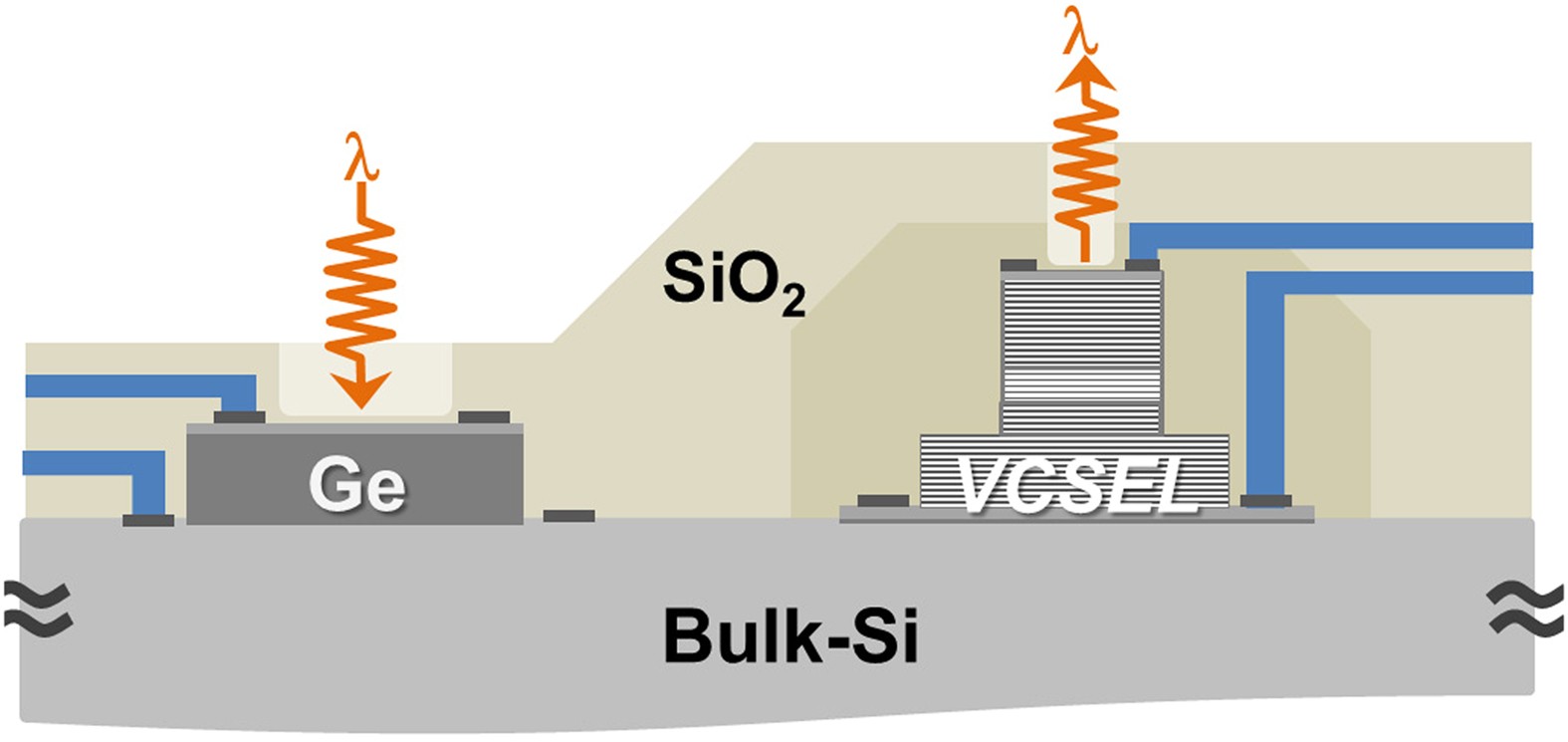
Google Tensor G5 Chip to Leverage TSMC’s 3nm Technology
Introduction
Exciting developments are on the horizon for Google’s Pixel smartphones. Reports suggest that Google’s upcoming devices will be significantly more efficient, thanks to a strategic shift in their processor manufacturing. After years of relying on Samsung-made Tensor chips, Google is set to collaborate with Taiwan Semiconductor Manufacturing Co (TSMC) for future processors.

Improved packaging method over the Tensor G3
While the Pixel 9 series will still feature a Samsung-made Tensor G4 SoC, which uses an improved packaging method over the Tensor G3, the major change is anticipated with the Tensor G5 chip. According to recent reports, Google will utilize TSMC’s advanced 3nm process for the Tensor G5, promising improved efficiency and performance.
Challenges with Samsung’s 3nm Technology
A report from Business Korea highlights the challenges Samsung has faced with its 3nm technology, particularly issues with yield and power efficiency. These difficulties have led many tech giants, including Nvidia, Intel, Qualcomm, and now Google, to consider TSMC’s 3nm process as a more reliable alternative. The switch is expected to enhance Google’s processor efficiency, bringing it on par with competitors like Apple’s iPhone, which already benefits from TSMC’s industry-leading 3nm technology.
Samsung’s Struggle and TSMC’s Advantage
Samsung pioneered the first-generation 3nm node in 2022 but has since struggled to achieve the desired power efficiency and heat management. On the other hand, TSMC’s 3nm process has proven superior in these aspects, making it the preferred choice for many manufacturers. This efficiency is crucial not only for smartphones but also for servers, especially with the increasing integration of AI features that add to the processing load and heat generation.
Strategic Move: google
Google’s decision to switch to TSMC for the Tensor G5 is seen as a strategic move to enhance its smartphone performance and efficiency. If Google maintains its naming convention, the Tensor G5 will mark a significant leap in technology and capabilities. This move aligns with Google’s goal of keeping its devices competitive in the market.
Samsung’s Exynos Processors
In a related development, TF International Securities analyst Ming-Chi Kuo recently suggested that Samsung might not use its Exynos processors for the Galaxy S25 series. Instead, Samsung could revert to Qualcomm processors for its flagship Galaxy smartphones. This potential shift underscores the broader industry trend towards TSMC’s advanced processing technology.
Conclusion
The transition to TSMC’s 3nm technology for the Tensor G5 chip represents a pivotal moment for Google’s Pixel smartphones. This change promises enhanced efficiency, better heat management, and overall improved performance, positioning Google’s future devices to compete more effectively with top-tier smartphones in the market. Stay tuned for more updates as Google continues to innovate and refine its hardware offerings.






